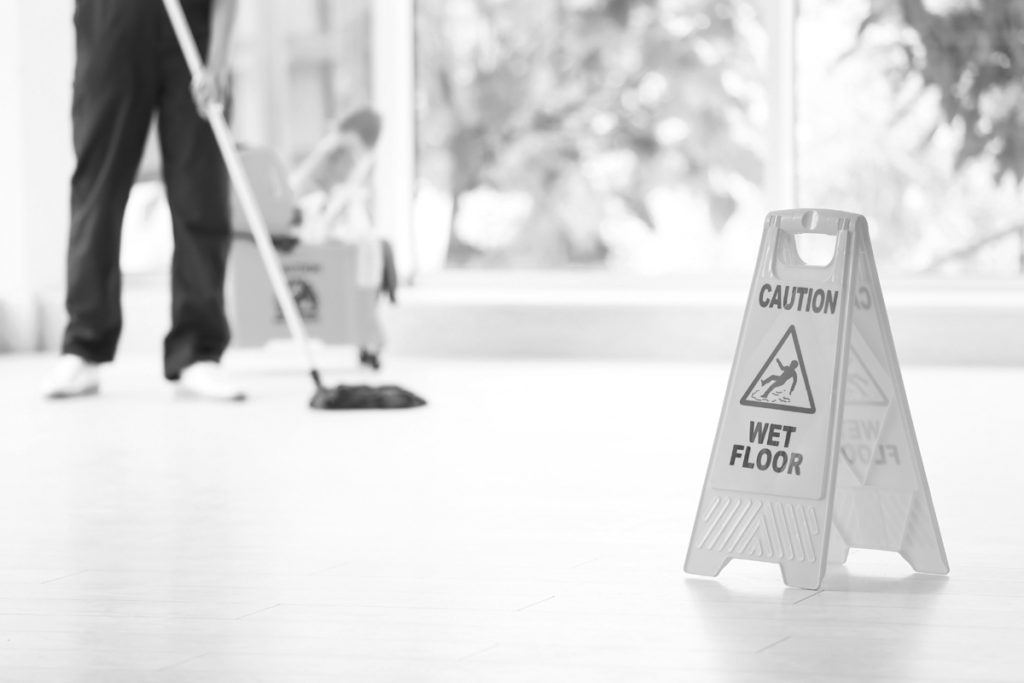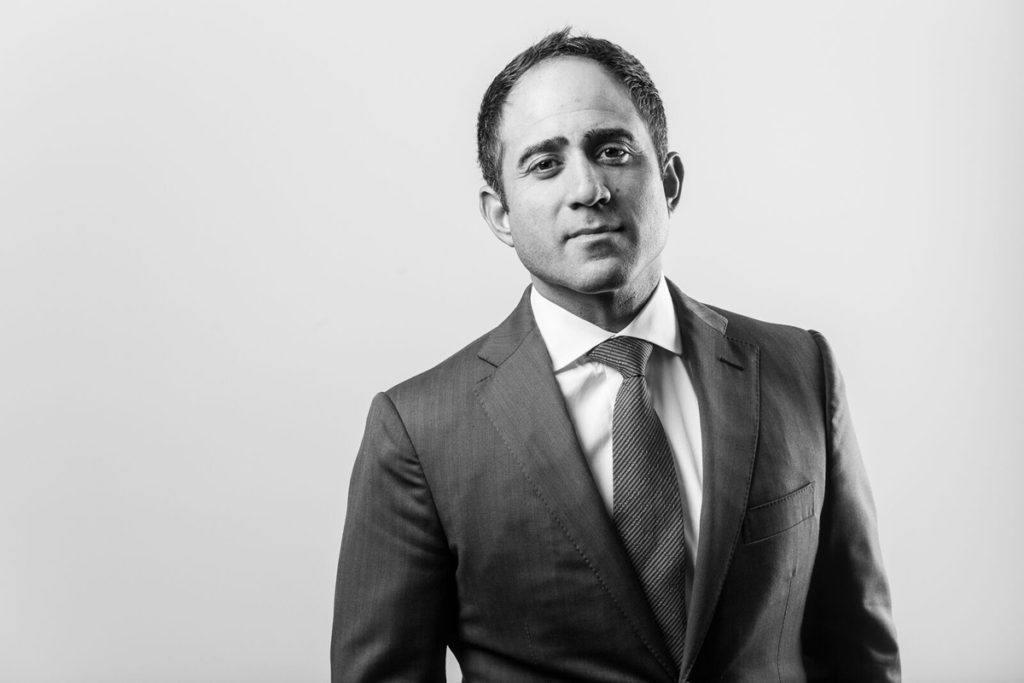
You never know when you could come across unsafe conditions in a store — even if the hazard is a simple puddle of milk on grocery store linoleum, a slip-and-fall can lead to a lifetime of pain and suffering. You must be prepared for anything, and that means knowing what happens when you’re injured in a store. Here are a few things you should know in case it happens to you. When a store is open to the public, it is obligated to be safe for patrons. If the store does not adequately maintain the premises, anyone who is injured may have cause to file a lawsuit to recover damages for injuries. Injuries that are a result of the negligence of the store can be serious, leading to long recovery times, costly hospital bills, and even permanent pain. What happens when you are injured in a store largely depends on your ability to prove the store’s negligence. Proving negligence is often a complicated process. To prove your case, you will need evidence, often in the form of witness testimony, photographic or video evidence, and official documents, like a police report. If you want to give your personal injury case a chance, you must gather as much evidence as possible. In the event that you cannot get the evidence yourself, ask someone you trust to act on your behalf. In some instances, you may not be able to recover any evidence. When that happens, you will need an experienced attorney to handle your case; RRBHLaw.com.

DO THIS, NOT THAT
Be aware of who you talk to after an accident. No matter how small your injury seems, speak to the owner to report the injury and have them complete an incident report.
Zipped Lips
Be careful to avoid saying more than is necessary. Do not assign blame to them or accept responsibility for your accident. If you make any admissions of guilt in your report, this may be used against you later.
Do, Do, Don’t!
Do ask to read the incident report to ensure that no false information has been included. Do get the store’s insurance information. Don’t post anything about your accident on social media.
Witness Testimony
Always remember that in most cases, it could be equally as important to talk to the right people as it is to avoid talking to the wrong ones! Make sure to speak to any bystanders or any witnesses to your accident as soon as you are able. Ask them to write down what they saw in as much detail as possible. Have them sign and date this statement of events before you part ways. It is always wise to get their name and contact information in case they may be able to help your case.











